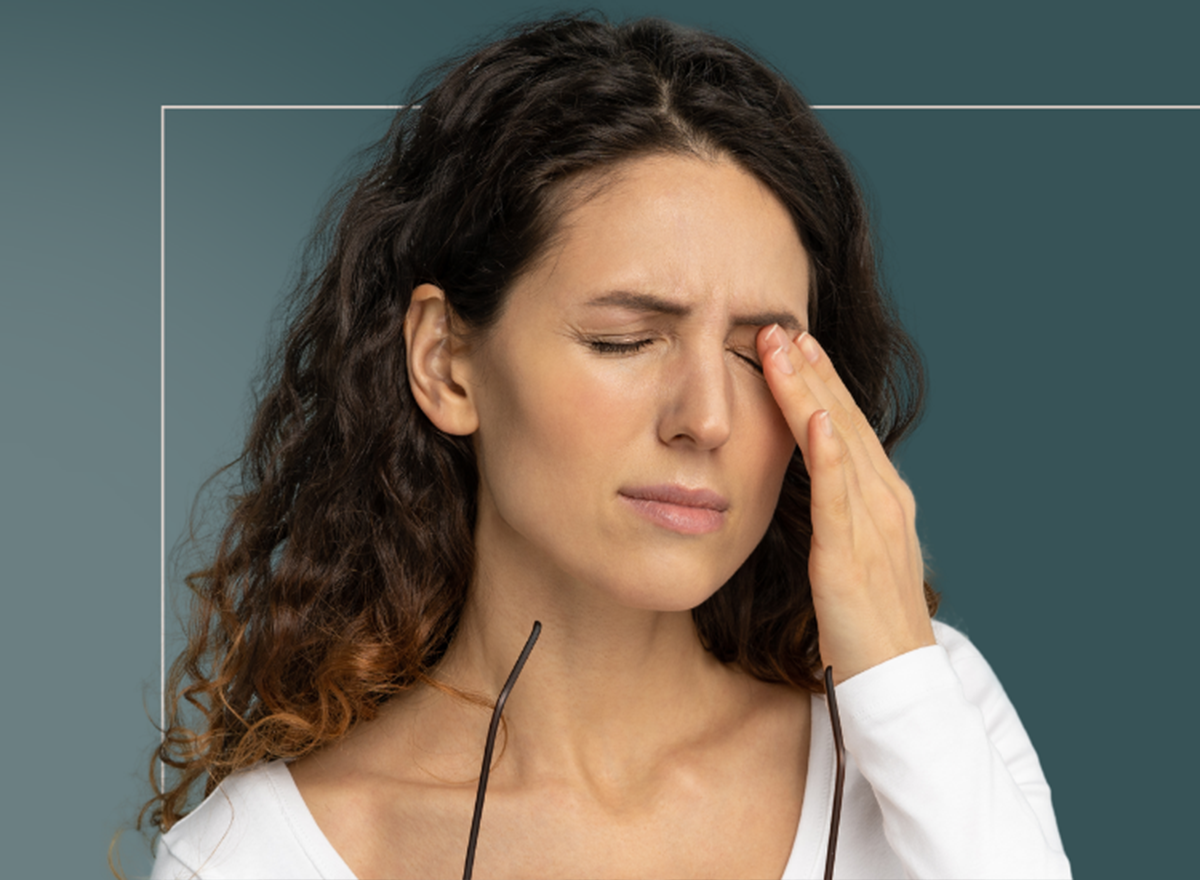Emergency Eye care
Emergency Eye care
Our eyes are delicate organs. Unfortunately, this makes them vulnerable to damage that can impair our ability to see. Eye emergencies cover a wide range of incidents, including trauma, cuts, scratches, foreign objects in the eye, burns, chemical exposure, photic retinopathy, and blunt injuries to the eye or eyelid.
When these incidents occur, seeking immediate help can prevent long-term damage to the eye. Without proper treatment, they can lead to a partial loss of vision or even permanent blindness.
Likewise, certain eye infections, medical conditions such as blood clots or glaucoma, and eye problems like red eye or vision loss unrelated to injury also require urgent medical attention. As a comprehensive eye care practice, our licensed specialists offer emergency treatment to protect your vision, no matter what your eye health concern is.
Emergency Eye care
Emergency Eye care
Our eyes are delicate organs. Unfortunately, this makes them vulnerable to damage that can impair our ability to see. Eye emergencies cover a wide range of incidents, including trauma, cuts, scratches, foreign objects in the eye, burns, chemical exposure, photic retinopathy, and blunt injuries to the eye or eyelid.
When these incidents occur, seeking immediate help can prevent long-term damage to the eye. Without proper treatment, they can lead to a partial loss of vision or even permanent blindness.
Likewise, certain eye infections, medical conditions such as blood clots or glaucoma, and eye problems like red eye or vision loss unrelated to injury also require urgent medical attention. As a comprehensive eye care practice, our licensed specialists offer emergency treatment to protect your vision, no matter what your eye health concern is.
How to Identify an Eye Care Emergency
Knowing the signs of an eye emergency can help you respond quickly, getting you access to the right care when you need it most. Contact one of our specialists immediately if you experience these symptoms in or around your eye:
- Bruising
- Bleeding or discharge around the eye
- Double vision
- Loss of vision, total or partial, in one eye or both
- Pupils of unequal size
- Eye pain
- New or severe headaches
- Itchy eyes
- Redness or bloodshot appearance
- A sensation of something in the eye
- Sensitivity to light
- Stinging or burning in the eye
- One eye is not moving like the other
- One eye is sticking out or bulging
- Nausea or headache occurring with eye pain (this may be a symptom of glaucoma or stroke)
- Bruising
- Bleeding or discharge around the eye
- Double vision
- Loss of vision, total or partial, in one eye or both
- Pupils of unequal size
- Eye pain
- New or severe headaches
- Itchy eyes
- Redness or bloodshot appearance
- A sensation of something in the eye
- Sensitivity to light
- Stinging or burning in the eye
- One eye is not moving like the other
- One eye is sticking out or bulging
- Nausea or headache occurring with eye pain (this may be a symptom of glaucoma or stroke)
How To Prevent Eye Injuries
Eye injuries can happen anywhere, even when you least expect them.
To decrease your risk of eye injuries, wear protective eyewear when using power tools or engaging in high-risk sporting events, carefully following directions when working with chemicals or cleaning supplies. Keep scissors, knives, and other sharp instruments away from young children, and ensuring proper distance from amateur fireworks.
To decrease the chances of developing permanent eye damage, immediate medical evaluation is necessary in the event of an eye injury.


